There’s a popular quote by the 13th-century poet and spiritual teacher Rumi: “The cure for the pain is in the pain.” This line often echoes through my mind when I’m working with clients, especially those experiencing ecological grief and climate anxiety.
As an ecotherapist – a therapist guided by nature and nature-based therapeutic approaches – and environmental researcher, I work with people who are navigating the emotional weight of ecological breakdown.
Ecotherapy helps people reconnect with the natural world as a way to support mental and emotional wellbeing. It might involve walking in green spaces, mindfulness practices in nature, working with natural materials, or nature-based rituals.
Whether it’s planting a garden, sitting under a tree, or engaging in conservation efforts, ecotherapy helps people feel more grounded, more connected and more resilient both emotionally and spiritually.
Get your news from actual experts, straight to your inbox. Sign up to our daily newsletter to receive all The Conversation UK’s latest coverage of news and research, from politics and business to the arts and sciences.
In my practice, I’ve noticed that younger people are more likely to experience climate anxiety, while older generations tend to experience ecological grief. The difference is subtle but important. Anxiety often relates to what lies ahead and a sense of powerlessness. Grief is about what has already been lost.
This emotional divide makes sense when we consider what has happened to the natural world over recent decades. Older adults have witnessed the loss of species, habitats and biodiversity in real time. Many have rich memories and relationships with landscapes that no longer exist as they once did. Meanwhile, younger generations face the terrifying uncertainty of a rapidly changing climate and an increasingly unstable future.
Both grief and anxiety are valid, but they are not the same.
I have explored these experiences in depth while researching nature connection, mental health and how the climate and ecological crisis is reshaping this relationship.
At the outset, I assumed that greater connection with nature would always lead to improved mental wellbeing. But that wasn’t the full picture.
What I found instead was that deepening our connection with the natural world can indeed foster healing, but it can also sharpen our awareness of the damage being done. This heightened sensitivity can trigger emotional pain, despair and even a decline in mental wellbeing.
Swiss psychiatrist and psychotherapist Carl Jung once said, “There is no coming to consciousness without pain.” That’s exactly what climate-anxious and ecologically grieving people are expressing: the deep psychological toll of recognising the scale of the crisis we’re facing. For some, it affects their ability to function, to enjoy their lives and to maintain relationships.
How to stay well
The question I kept returning to in my work was this: how do we stay well in a time of collapse? My research pointed to one consistent answer: action.
Engaging in pro-environmental actions emerged as the most effective way people coped with emotional strain. These weren’t merely acts of activism — they became spiritual practices, grounded in care, connection and meaning. Through these actions, people began to reclaim a sense of power and purpose in the face of overwhelming ecological loss.
For many, this was also a path back to what eco-philosophers call the ecological self: the part of us that extends beyond the individual and identifies with the living world.
This self isn’t driven by ego or personal gain, but by the impulse to build relationships, nurture communities and support the flourishing of all life. It represents an expanded way of being; one that understands health and healing as collective, not just personal.
Importantly, these actions don’t have to be large-scale. They might involve growing your own herbs or vegetables, for instance, or joining a local conservation effort, forming a community group to protect waterways or green spaces, or participating in climate strikes and land defence work. What matters is that the action is relational: rooted in reciprocity and care.
The conclusion of my research was clear: in the face of ecological distress, mental wellbeing is sustained not by thoughts, but by meaningful action.
Healing through action
In Northern Ireland, where I live and work, I’ve seen a growing grassroots environmental movement. Communities are stepping up to protect landscapes under threat, from campaigns to defend the Sperrin Mountains from gold mining, to local resistance against the pollution that’s devastating Lough Neagh, the largest freshwater lake in Ireland and the UK.
This is unpaid, often invisible labour, but it’s powerful. It gives people a way to process their emotions, to feel less helpless and to turn grief into agency.
Many environmentalists talk about “saving the planet”. But the truth is, the Earth will go on. What’s under threat is us: our ways of life, our communities, our ability to thrive. The dread we feel is rooted in the enormity of this realisation.
To stay well while caring deeply about the Earth means learning to live with this pain, and still choosing to act. It requires us to show up, to be present and to tend to both the human and non-human world with care and reciprocity. As we do, we become more empowered and less overwhelmed.
If you are struggling with climate anxiety or ecological grief, know this: the goal isn’t to suppress your feelings. The goal is to acknowledge them, and then use them as fuel for meaningful action.
Don’t underestimate small acts. The way forward isn’t to wait for hope: it’s to create it through connection, courage and commitment.
In a time of ecological uncertainty, wellness doesn’t come from thinking differently. It comes from doing differently.
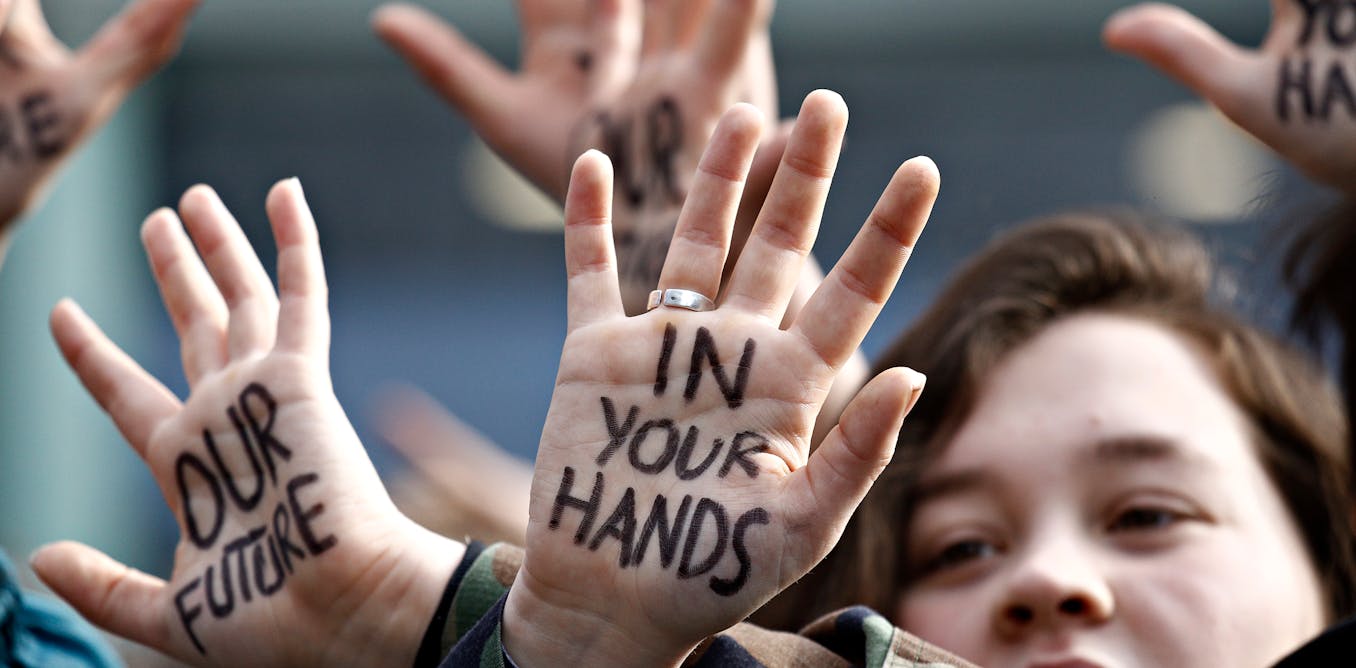
The post “Action is the antidote to ecological grief and climate anxiety – an ecotherapist explains” by Louise Taylor, Early Career Researcher and Ecotherapist, Queen’s University Belfast was published on 07/09/2025 by theconversation.com



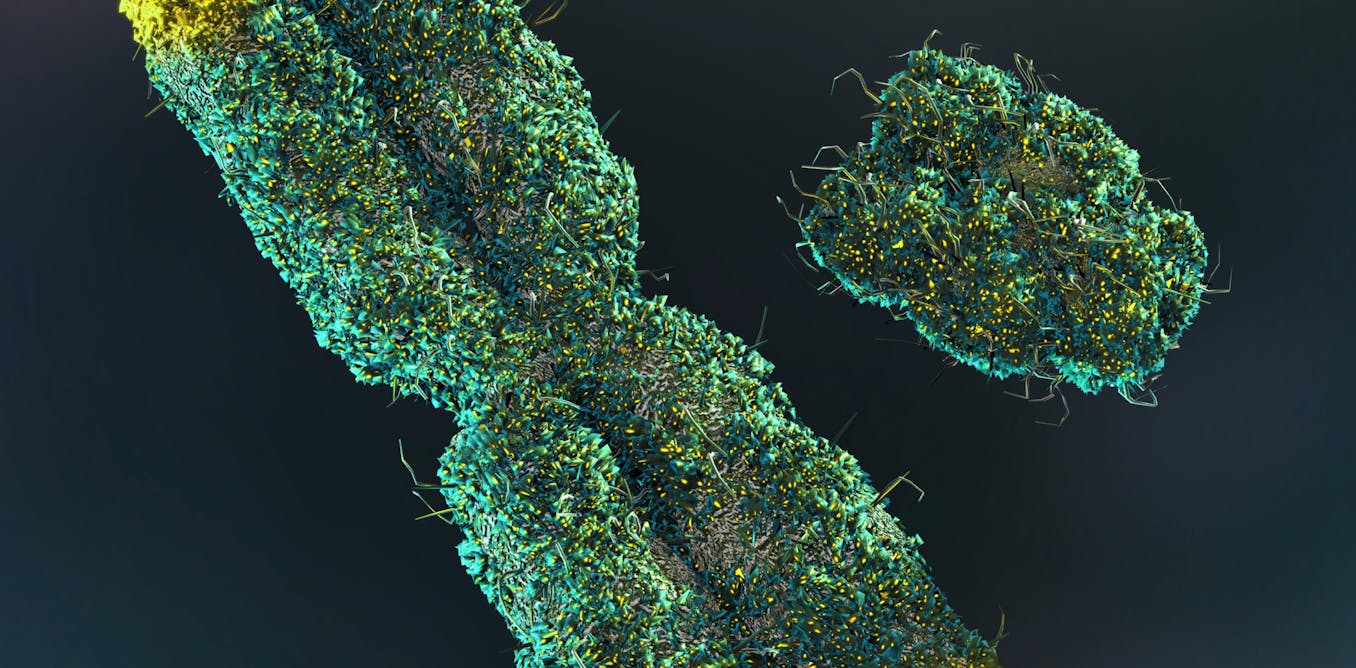
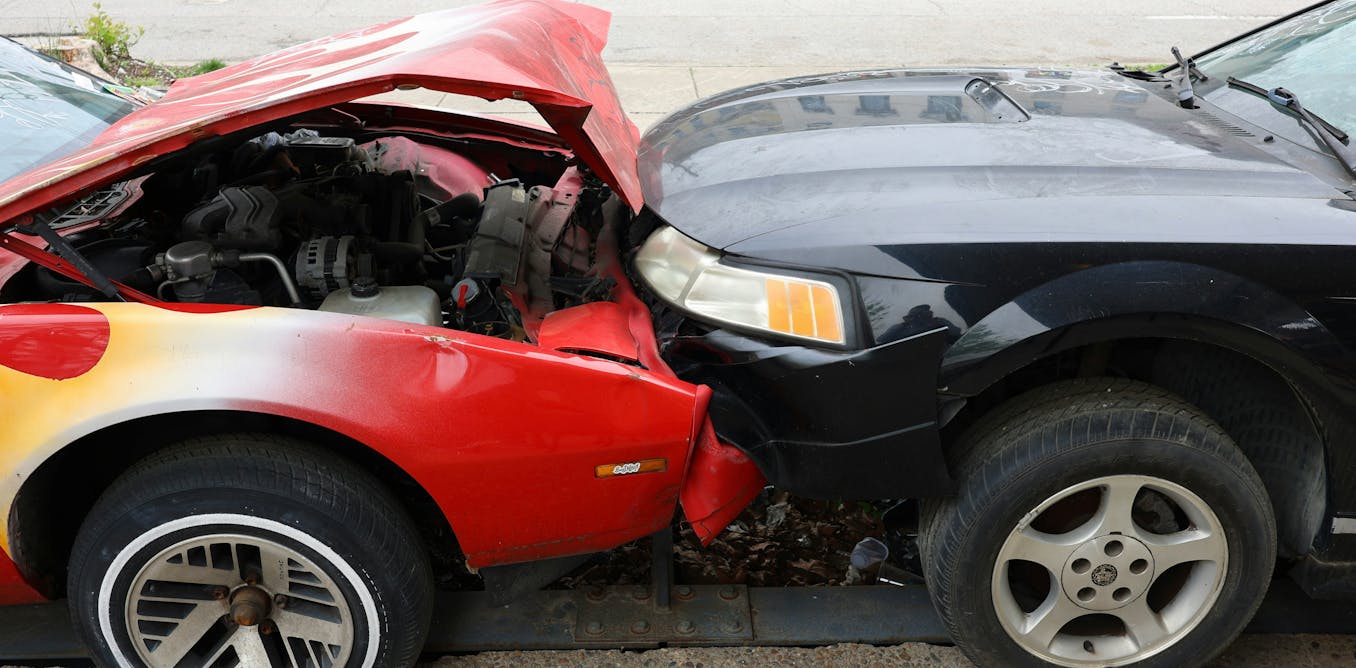

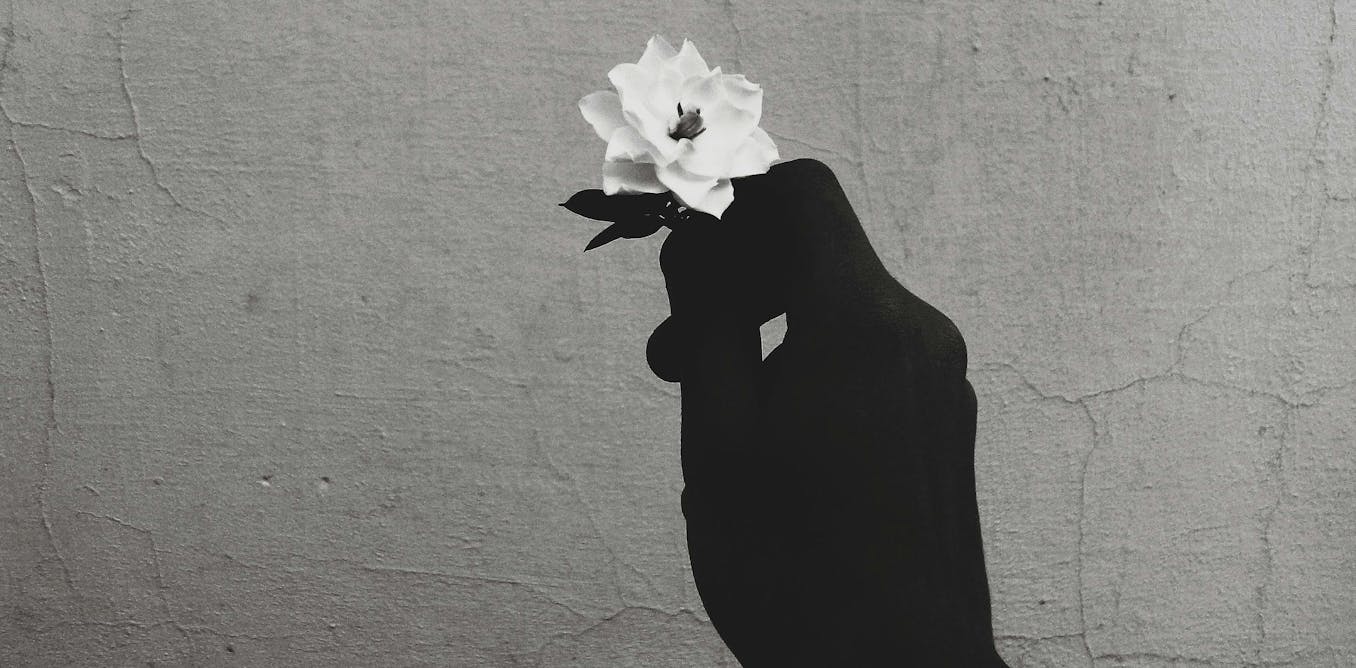
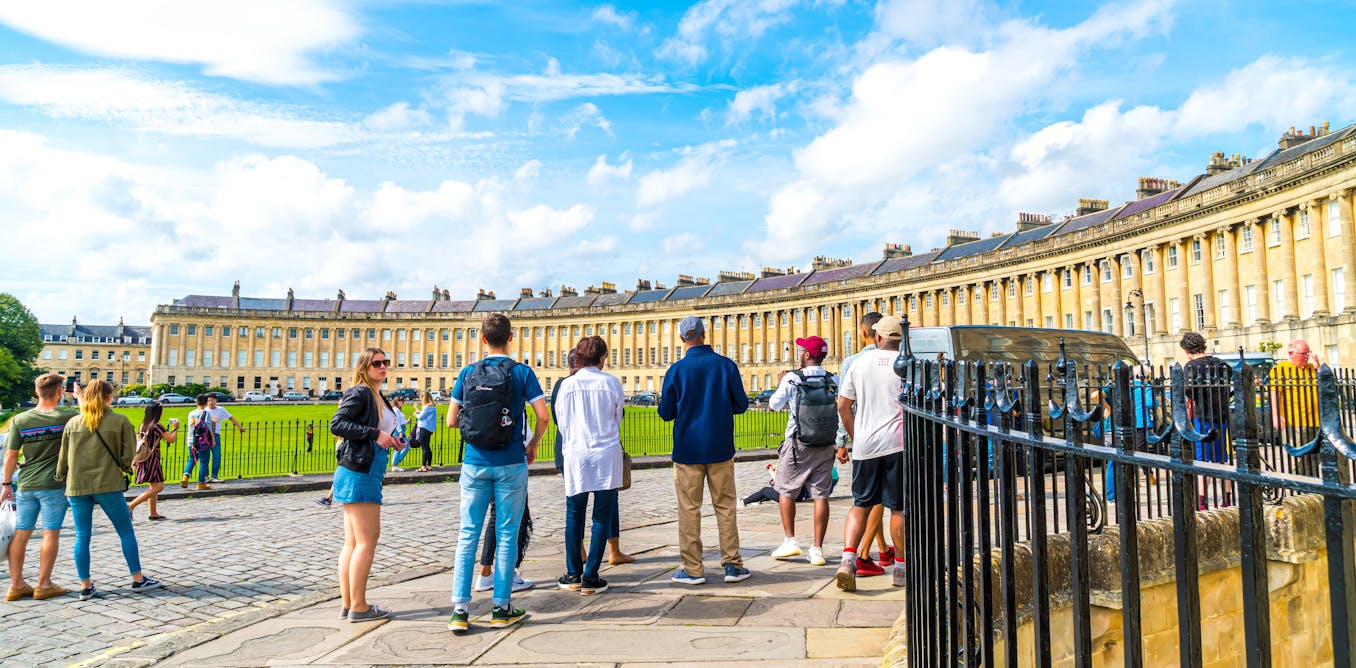



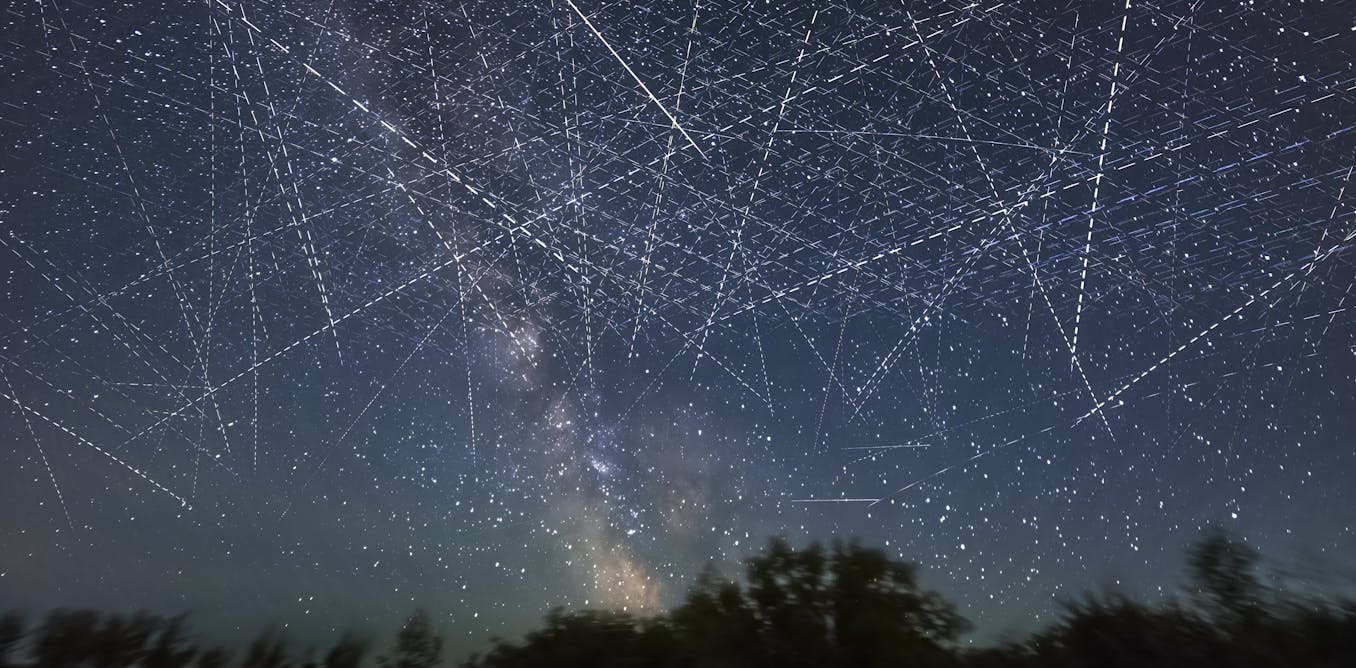

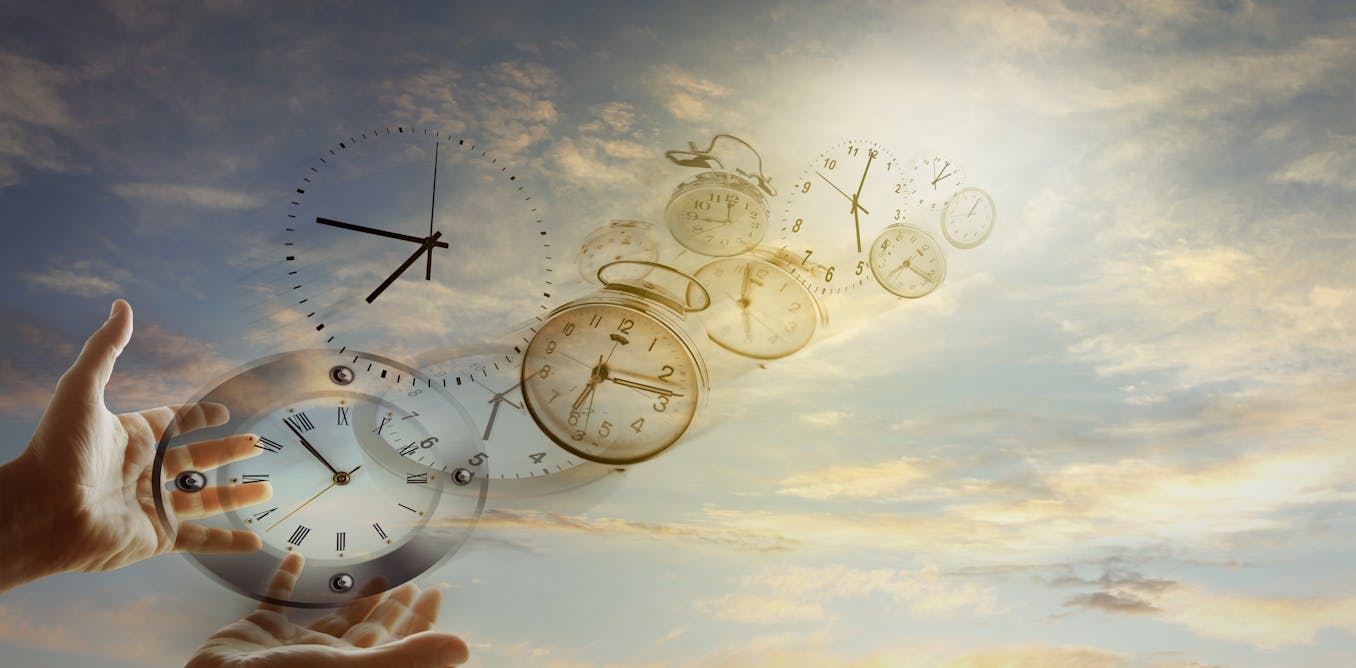




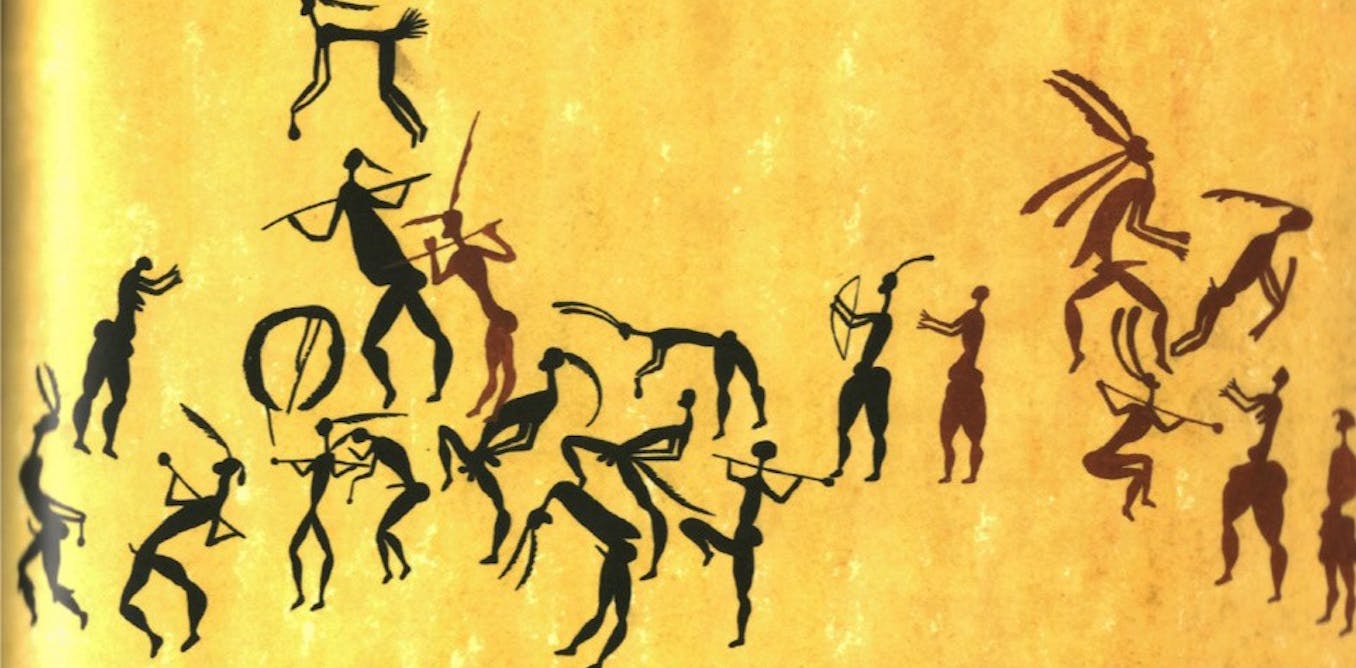












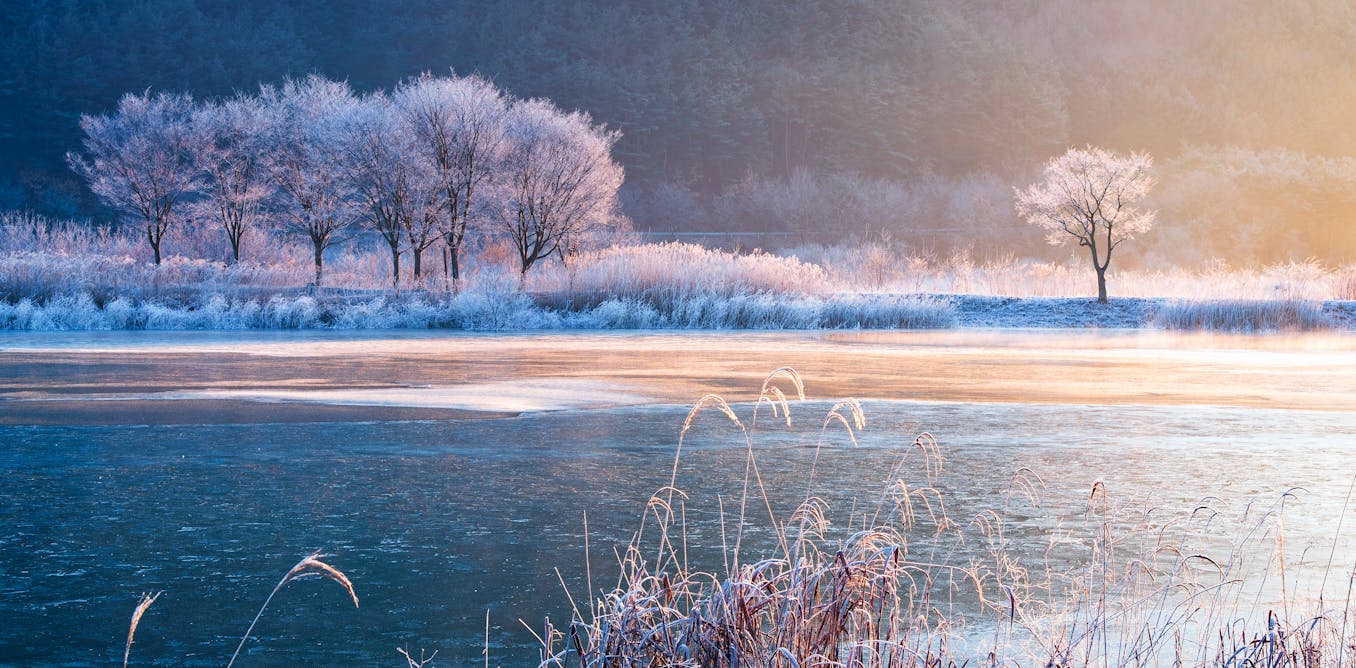

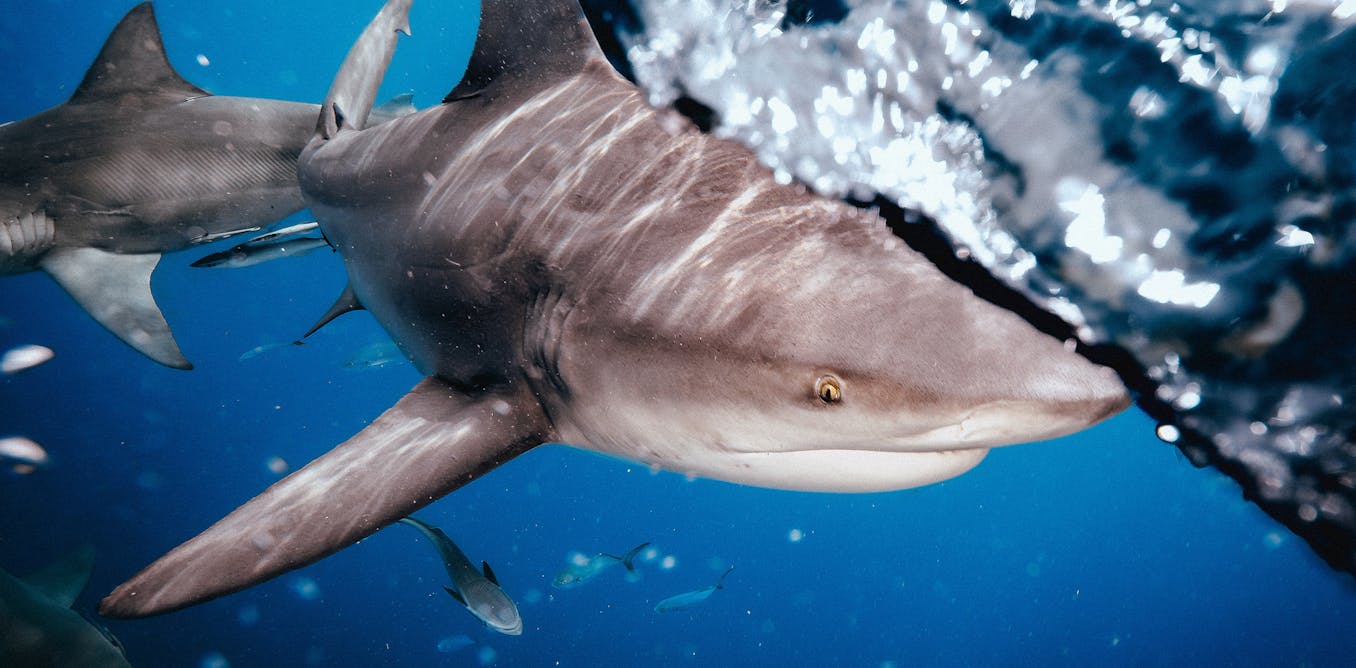
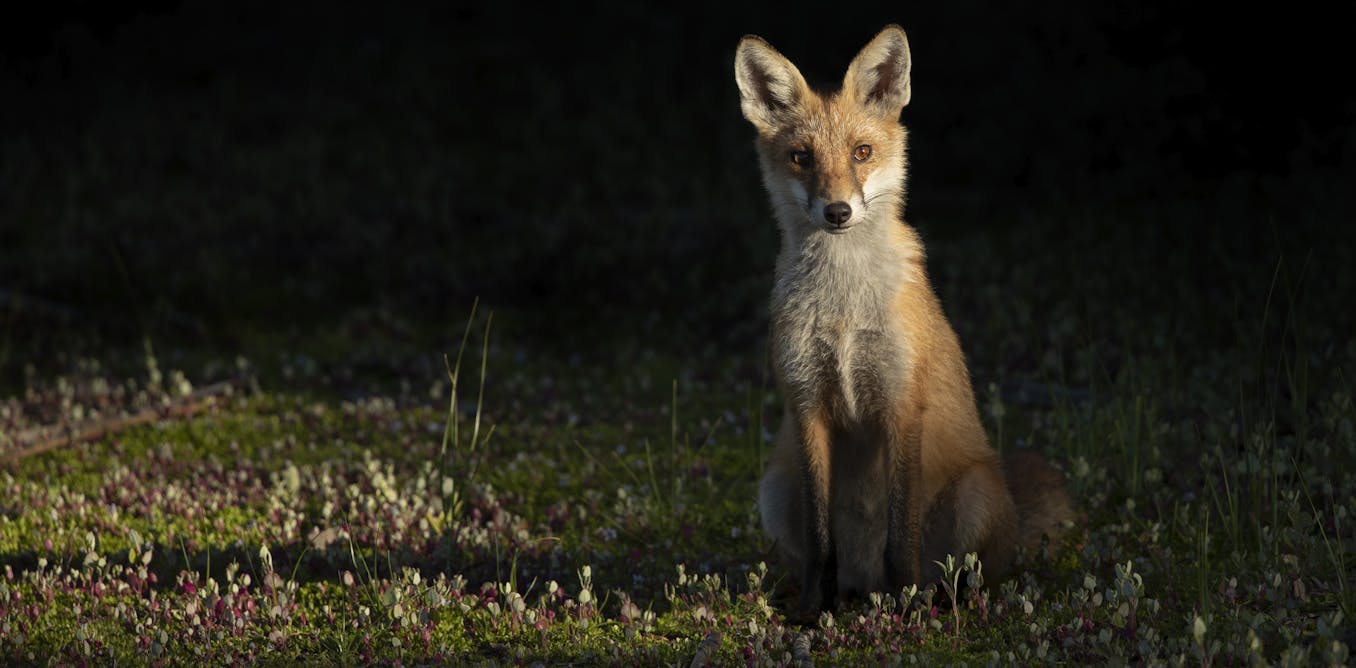
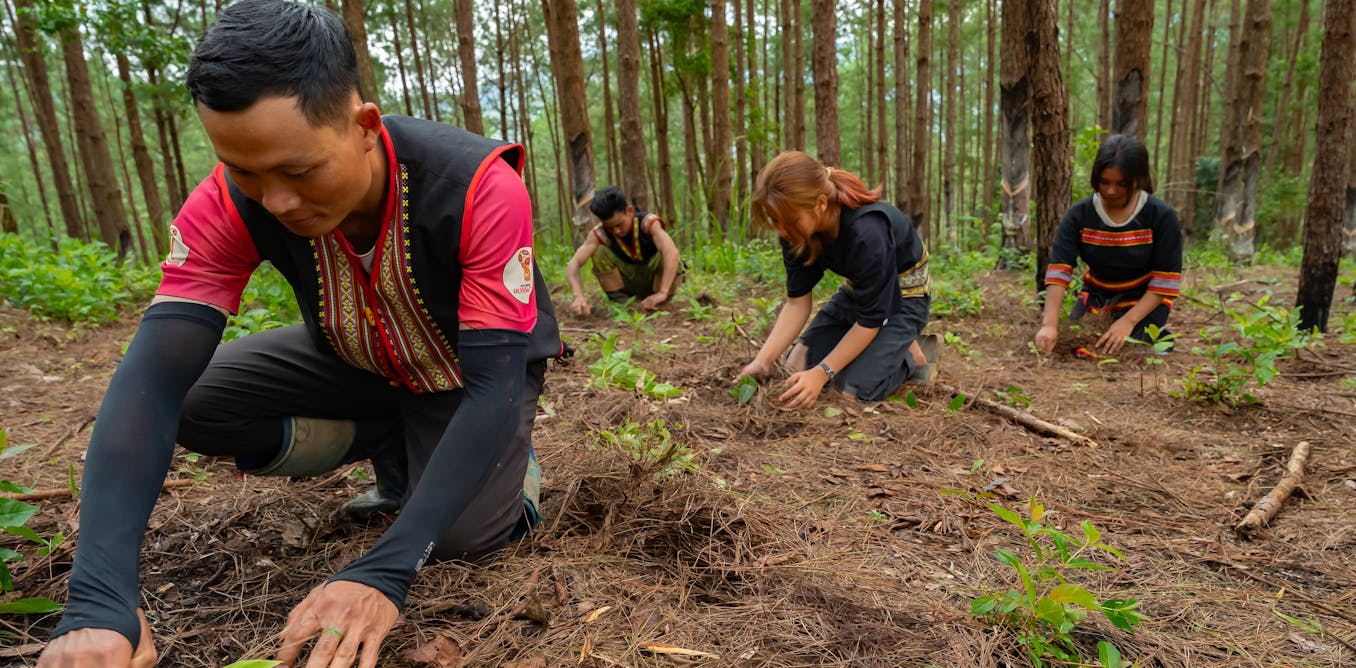
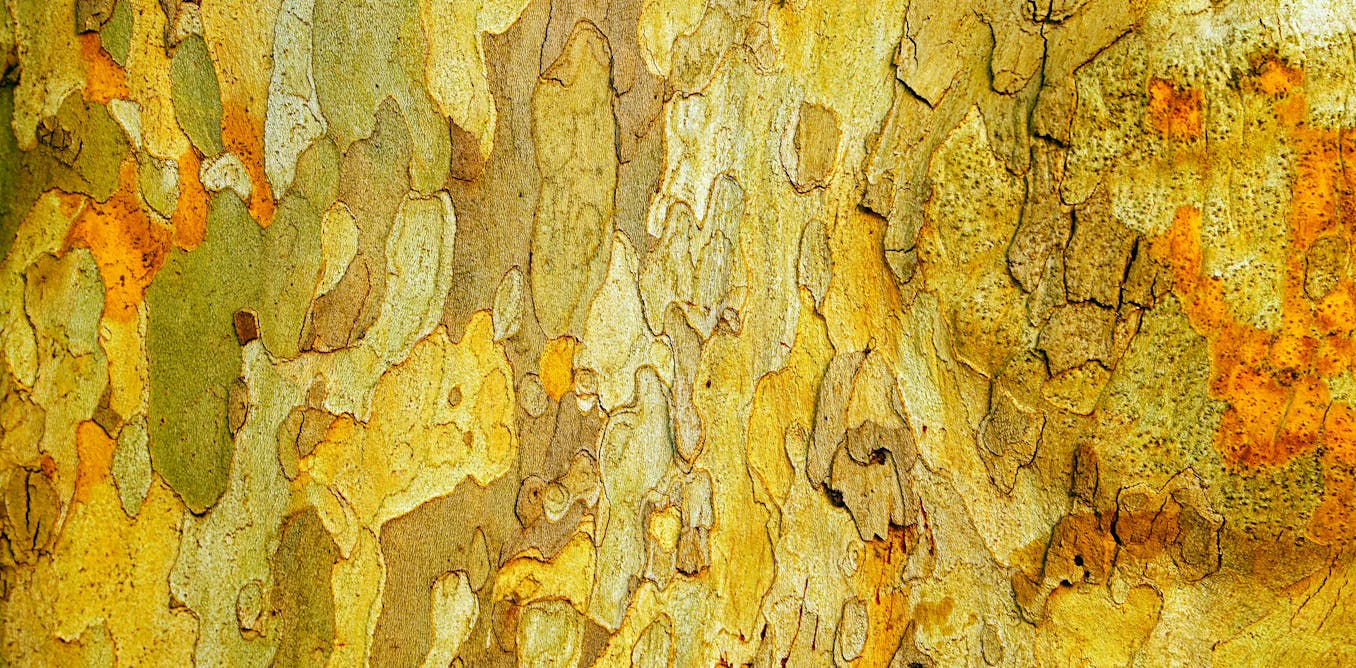
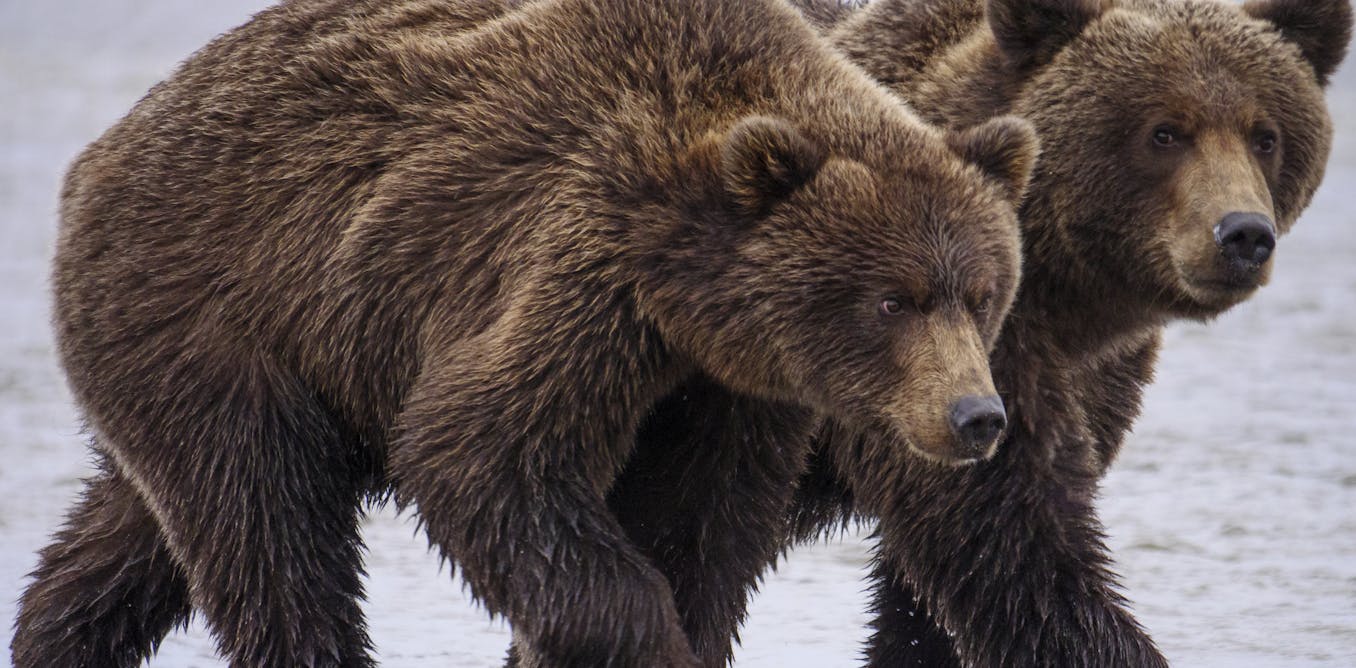
Leave a Reply